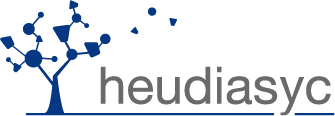en:research
Differences
This shows you the differences between two versions of the page.
| Both sides previous revisionPrevious revisionNext revision | Previous revision | ||
| en:research [2011/11/30 11:55] – sdesterc | en:research [Unknown date] (current) – removed - external edit (Unknown date) 127.0.0.1 | ||
|---|---|---|---|
| Line 1: | Line 1: | ||
| - | My research mainly concerns uncertainty modeling and treatment with the help of imprecise probabilistic approaches (Lower previsions theory, Dempster-Shafer theory, Possibility theory). Roughly speaking, these approaches propose to blend interval and probabilistic methods to deal with situations of severe uncertainty (missing or imprecise data, few available information, | ||
| - | Inside these theories, most of my research energy is spent in proposing practical solutions to various problems using these methods or in linking the different solutions each theory proposes to solve common problems (information fusion, independence modeling, ...). | ||
| - | |||
| - | ====== Practical uncertainty representations ====== | ||
| - | |||
| - | Work mainly done with D. Dubois, M. Troffaes, E. Miranda, L. Utkin, E. Chojancki | ||
| - | |||
| - | There exist many practical representations in imprecise probability theories, including possibility distributions, | ||
| - | |||
| - | Aside establishing new relations between the properties of several models (i.e. clouds, p-boxes, possibility distributions), | ||
| - | |||
| - | Our current focus is to link this model with other models (such as info-gap theory) that use the idea of nested sets to propose solutions to statistical problems, and to work out what are the practical usefulness and limitations of the model. | ||
| - | |||
| - | ====== Information fusion and combination ====== | ||
| - | |||
| - | Work mainly done with D. Dubois, P. Buche, B. Charnomordic, | ||
| - | |||
| - | Merging information from multiple sources is a recurring problem in modern systems. Common problems encountered by such merging are to cope with dependent and conflicting sources and to take account of sources characteristics (reliability, | ||
| - | |||
| - | For practical purposes, we have proposed to use the notion of maximal coherent subsets as a way to deal with conflict among sources, and have applied it to the problem of estimating source reliability form meta-information. | ||
| - | |||
| - | Our current focus on this area is to apply information fusion and combination ideas to the problem of classifier combination. | ||
| - | |||
| - | |||
| - | ====== Uncertainty propagation and (in)dependence modelling ====== | ||
| - | |||
| - | Work mainly done with D. Dubois, G. De Cooman E. Chojnacki, J. Baccou and T. Burger | ||
| - | |||
| - | How to propagate uncertainty analysis in various models is an important issue that may face several difficulties. Most of my research in this domain has concerned the propagation of uncertainty model through deterministic functions with methods combining Monte-Carlo simulation and interval analysis, with an industrial risk-assessment purpose. | ||
| - | |||
| - | Related problems are how to model independence to obtain joint models (and how to compute with such latter models), or how to simulate a given imprecise probabilistic model. | ||
| - | |||
| - | |||
| - | ====== Practical applications ====== | ||
| - | |||
| - | Work mainly done with P. Buche, B. Charnomordic, | ||
| - | |||
| - | We have applied ideas coming from imprecise probability theories and more generally concerning uncertainty handling to a number of frameworks, including: | ||
| - | * Flexible querying in data bases (P. Buche, V. Guillard) | ||
| - | * Signal filtering with kernels (O. Strauss) | ||
| - | * Knowledge Engineering (B. Charnomordic, | ||
| - | * Risk analysis and robust design (E. Chojancki, V. Guillard) | ||




